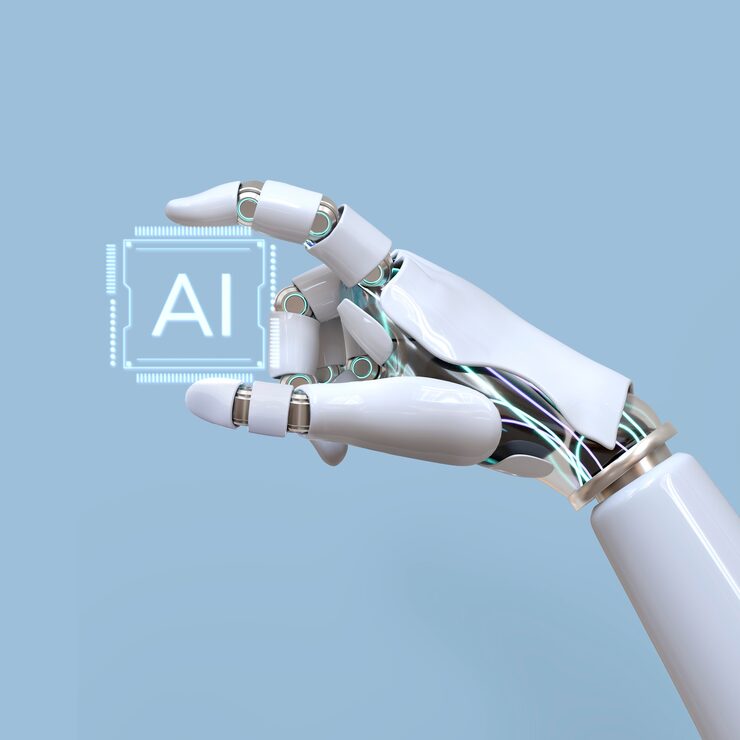How Video Doorbells Are Transforming Home Security and Convenience?
In today’s smart home era, video doorbells have become more than just a simple way to see who’s at the door—they are powerful security devices and convenient communication hubs. Combining HD video cameras, two-way audio, and motion detection, video doorbells provide homeowners with real-time visibility and control over their front entrances, no matter where they are. Here’s a fresh, informative take on how video doorbells are reshaping home life.
What Is a Video Doorbell?
A video doorbell is a smart device installed at the front door that connects to your home Wi-Fi. When someone rings the bell or triggers motion detection, the device streams live video to your smartphone or tablet, allowing you to see and speak with visitors remotely. Unlike traditional doorbells, these devices offer constant monitoring and recorded footage for enhanced safety.
Key Features of Video Doorbells
- High-Definition Video: Crisp, clear video captures every detail day and night—most devices include infrared night vision for low-light conditions.
- Two-Way Audio: Speak directly with visitors or delivery personnel through built-in microphones and speakers.
- Motion Alerts: Receive instant notifications on your phone when motion is detected near your door.
- Cloud Storage: Store video clips securely in the cloud, enabling easy access to past footage.
- Smart Home Integration: Seamlessly connect with smart locks, security systems, and voice assistants for automated home control.

Benefits of Installing a Video Doorbell
- Enhanced Security: Monitor your entryway in real time and deter potential intruders with audible alerts.
- Package Protection: Keep an eye on deliveries to prevent theft and confirm safe arrivals.
- Convenience: Communicate with visitors or service providers without opening the door.
- Remote Access: Whether at work, on vacation, or just away from home, stay connected to your doorstep.
- Peace of Mind: Knowing you can check on your home anytime reduces anxiety and boosts confidence in your security setup.
Tips for Choosing the Right Video Doorbell
- Video Quality: Choose at least 1080p resolution for best clarity.
- Field of View: A wider angle camera captures more of your porch and surroundings.
- Power Source: Consider battery-operated models for easy installation or wired ones for continuous power.
- Storage Options: Decide between free limited cloud storage or paid subscription plans for extended access.
- Compatibility: Ensure it integrates with your existing smart home devices and security systems.
How Video Doorbells Fit Into Smart Home Ecosystems?
Video doorbells are integral parts of modern smart homes. They often work alongside smart locks, lighting, and security cameras to create automated routines. For example, your porch light can turn on automatically when motion is detected, or the door can unlock remotely once you verify the visitor’s identity. Advanced models even offer facial recognition capabilities for personalized experiences.
Conclusion
Video doorbells are transforming how homeowners secure and interact with their property, blending safety and convenience into a sleek, easy-to-use technology. With features like HD video, two-way communication, and smart integrations, they empower users with eyes and ears on their front door at all times. Installing a video doorbell is a practical upgrade that enhances security, streamlines deliveries, and offers peace of mind for modern living.


